How an American shrub became a favorite Russian winter dessert
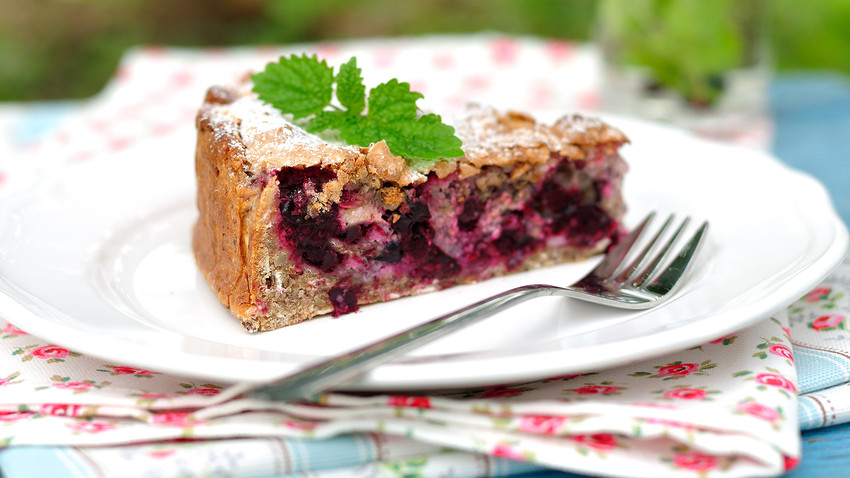
Black chokeberry cake.
Legion MediaHave you heard about the edible plant known as Aronia or black chokeberry, which grows in American gardens and swamps? It was cultivated in Russia. Many think the tree’s big fragrant bunches and berries - which mature in late autumn - are simply bird food, but think again. This fruit is picked and preserved by Russians over the winter. The juice of black chokeberry is also a brilliant source of vitamins to help boost the immune system during the colder months. Russians call the shrub “black rowan,” or
From America’s great expanse to Russian dachas
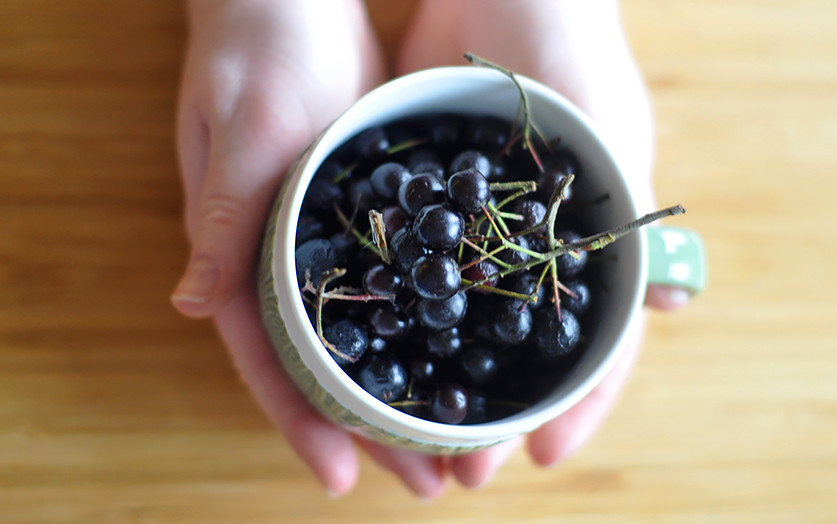
It wasn’t until the 1930s that people would be able to cultivate the new shrub with large tasty berries. It was named Michurin’s Aronia (Aronia
Today, Michurin’s Aronia is grown in almost every Russian garden.
How a beauty turned into berries
A touching fairy tale is linked with the black rowan. Once upon a time, there lived a young lady named Aronia who cured people. Word of her incredible beauty circulated all over the world, and many men wanted to marry her. Nevertheless, the capricious woman laughed at her adorers and said she would only marry them if they completed (impossible) tasks, which of course they couldn’t. However, she eventually fell in love with one lucky guy, but his rivals were so jealous they killed him.
Aronia tried to cure him but he died in her arms. Completely distraught, the beauty turned into a tree with red leaves and berries, which were as dark as drops of dried blood. The Aronia tree continued to cure people: Its berries contain iodine,
The berries are at their best immediately after the first frost: Soft, juicy, and sweet. They make good jam, liquors, and tinctures - all of which are popular in Russia. You can even dry the berries so they keep all year round - perfect for winter puddings like this delicious cake.
Black chokeberry cake
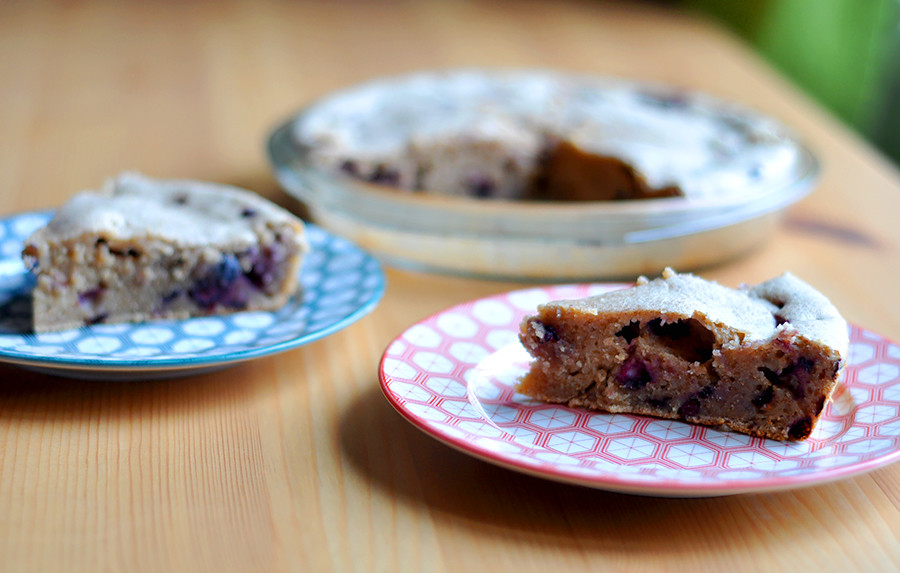
Black chokeberries – ½ cup
Brown sugar – ½ cup
Whole grain flour – 1 ½ cup
Eggs – 2
Kefir - 1 cup
Butter – ¼ cup (50 gr)
Baking powder – pinch
Vanilla – on taste
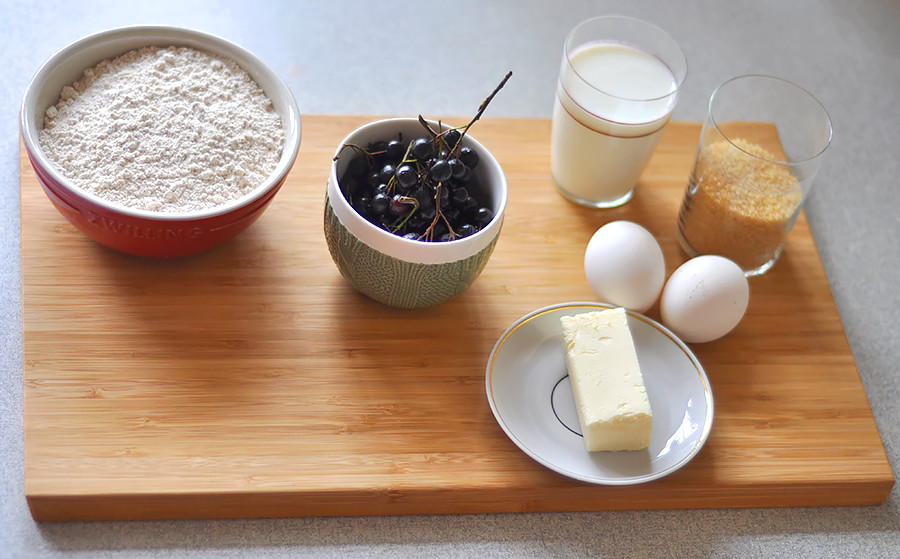
Instructions:
1. All ingredients should be at room temperature. Warm your oven to 180 degrees Celsius.
2. Combine the eggs and sugar using a mixer.
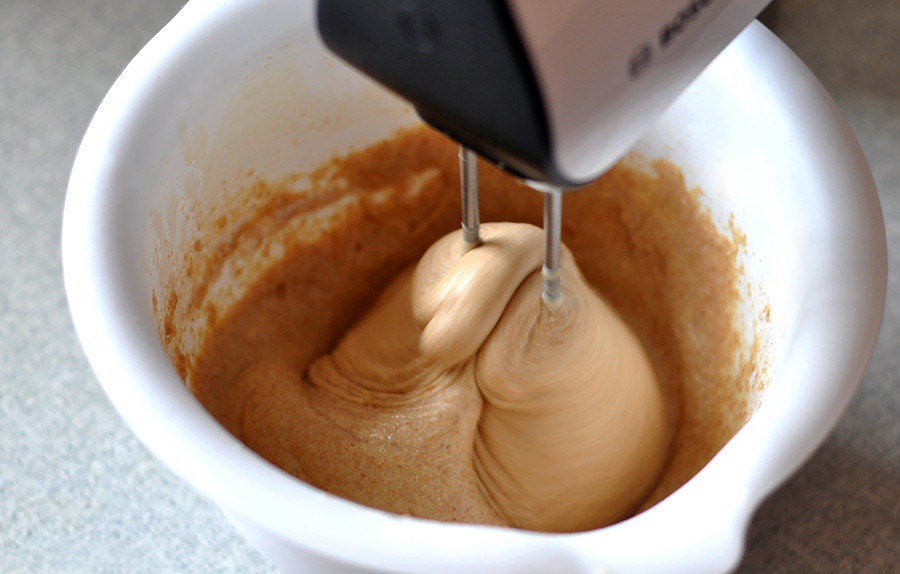
3. Add the kefir, baking powder, butter, and vanilla. Mix everything carefully.
4. Add the flour gradually and mix until a very tough dough forms.
5. Add the washed berries and gently mix. You can also mix the berries with sugar to form a type of varenye (jam) before adding, but the berries don’t look nearly as pretty in this recipe.
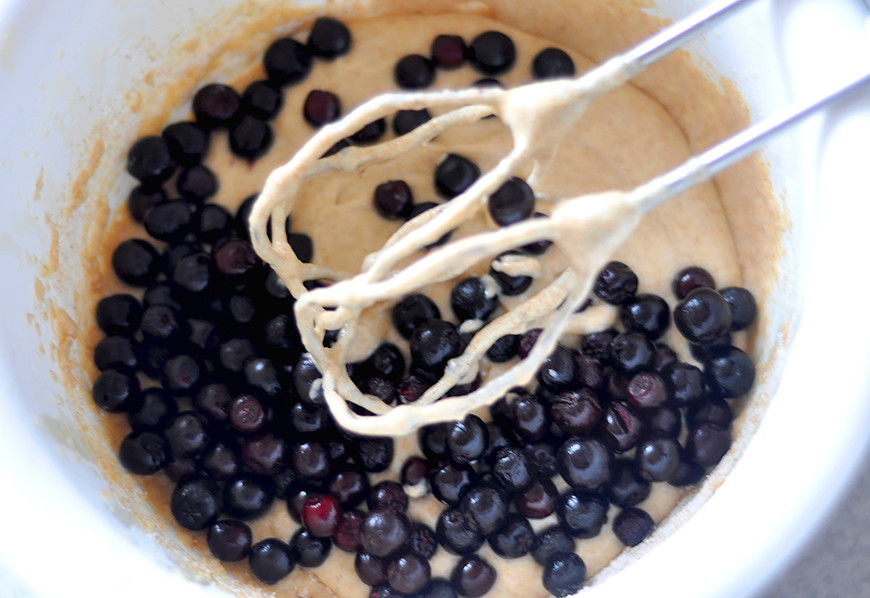
6. Put the dough into a well greased baking dish and bake for 50 minutes until ready.
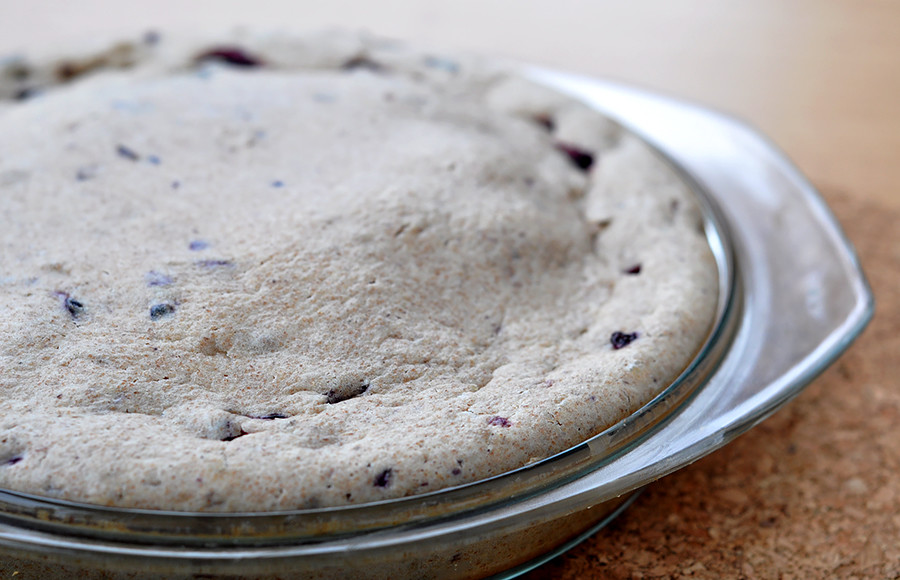
Priyantnogo
If using any of Russia Beyond's content, partly or in full, always provide an active hyperlink to the original material.
Subscribe
to our newsletter!
Get the week's best stories straight to your inbox